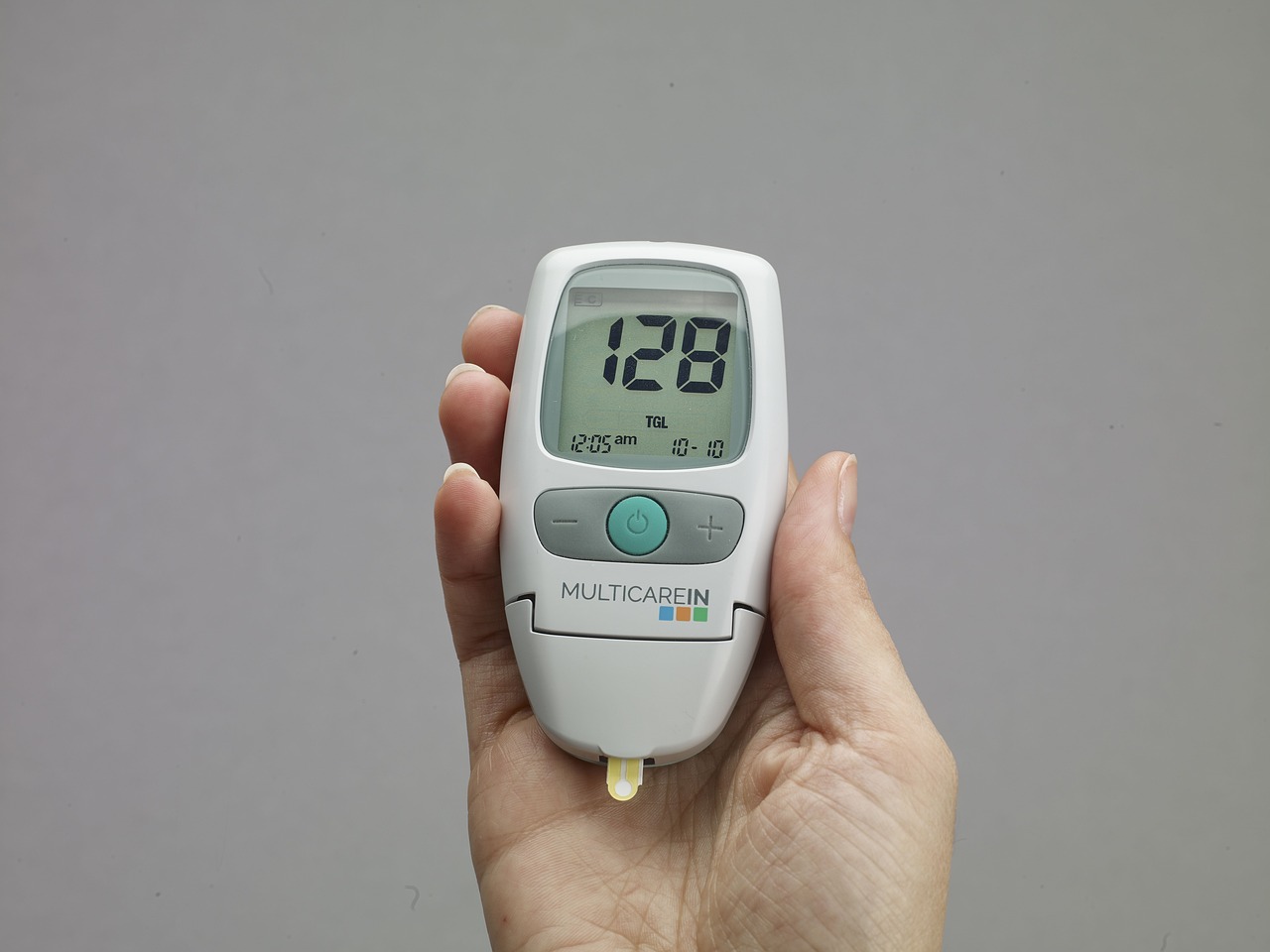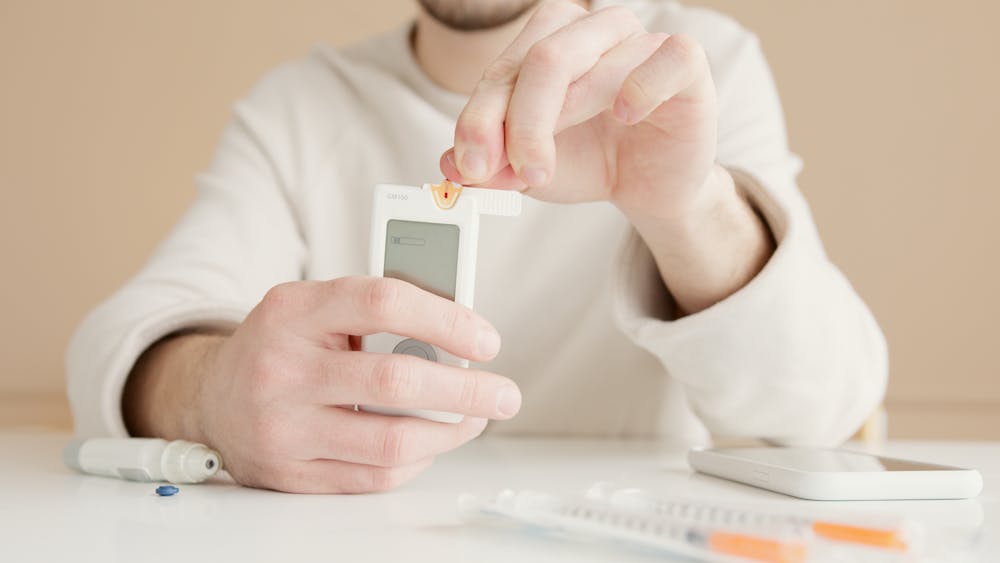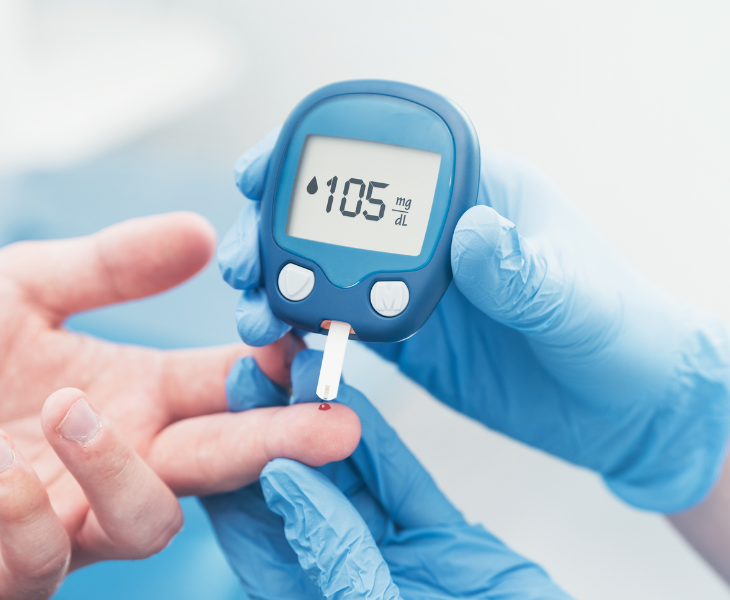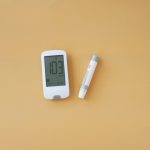Understanding High Blood Sugar: Symptoms and What to Do
High blood sugar, also known as hyperglycemia, is a common issue for people with diabetes. It occurs when there is too much sugar in your blood.
Recognizing the signs and symptoms early can help you manage your blood sugar levels better and avoid complications.
In this blog post, we’ll talk about how to know if you have high blood sugar and what you can do about it.
What is High Blood Sugar?

Blood sugar, or blood glucose, is the main type of sugar found in your blood. It comes from the food you eat and is your body’s main source of energy.
Insulin, a hormone made by your pancreas, helps glucose get into your cells to be used for energy. When your body doesn’t make enough insulin or doesn’t use insulin well, glucose stays in your blood and doesn’t reach your cells. This can lead to high blood sugar levels.
Symptoms of High Blood Sugar
High blood sugar can cause a variety of symptoms. Here are some common signs to watch for:
1. Frequent Urination
If you find yourself needing to urinate more often than usual, it could be a sign that your blood sugar levels are too high. Your kidneys try to get rid of the extra sugar by filtering it out of your blood, which makes you pee more.
2. Increased Thirst
When you urinate more, your body loses a lot of water. This can make you feel very thirsty. No matter how much you drink, it might feel like you can’t get enough to drink.
3. Blurred Vision
High blood sugar can cause your lens to swell, which can affect your vision. If things look blurry, it could be due to high blood sugar levels.
4. Fatigue
Feeling very tired can be another sign. When your cells don’t get the glucose they need, your body can’t function properly, making you feel exhausted.
5. Headaches
High blood sugar levels can lead to headaches. These can range from mild to severe.
6. Dry Mouth and Skin
High blood sugar can cause dehydration, leading to dry mouth and skin.
7. Weight Loss
Unexplained weight loss can occur if your body is not getting enough glucose from the food you eat. Your body starts burning fat and muscle for energy instead.
8. Slow-Healing Sores or Frequent Infections
High blood sugar can affect your immune system, making it harder for your body to heal wounds and fight infections.

Testing for High Blood Sugar
If you suspect you have high blood sugar, it’s important to get tested. You can use a blood glucose meter to check your blood sugar levels at home. Here are the steps:
- Wash Your Hands: Make sure your hands are clean to get an accurate reading.
- Prepare the Lancing Device: Load a new lancet into your lancing device.
- Insert Test Strip: Put a test strip into your blood glucose meter.
- Prick Your Finger: Use the lancing device to prick the side of your fingertip.
- Apply Blood: Gently squeeze your finger to get a drop of blood and apply it to the test strip.
- Read the Result: Wait for your blood glucose meter to show your blood sugar level.
What to Do If You Have High Blood Sugar
If you find that your blood sugar is high, there are steps you can take to lower it:
- Stay Hydrated: Drink plenty of water. This helps your kidneys flush out the extra glucose.
- Exercise: Physical activity can help lower your blood sugar. Go for a walk, run, or any other form of exercise you enjoy.
- Adjust Your Diet: Avoid sugary foods and drinks. Opt for a balanced diet with plenty of vegetables, whole grains, and lean proteins.
- Take Medications: If you have been prescribed medication for diabetes, make sure to take it as directed by your doctor.
- Monitor Your Blood Sugar: Keep track of your blood sugar levels regularly to see how your body responds to different activities and foods.

When to See a Doctor
High blood sugar can be serious if not managed properly. It’s important to see your doctor if:
- Your blood sugar levels are consistently high.
- You experience severe symptoms like confusion, shortness of breath, or chest pain.
- You have frequent episodes of high blood sugar.
Your doctor can help you adjust your treatment plan and give you advice on how to manage your blood sugar levels more effectively.
Conclusion
Knowing the signs and symptoms of high blood sugar is crucial for managing your health. By paying attention to your body and taking the necessary steps to keep your blood sugar in check, you can avoid complications and live a healthier life.
For more information, you can visit authoritative sources like the American Diabetes Association here and the Centers for Disease Control and Prevention here.
If you suspect you have high blood sugar or have been diagnosed with diabetes, take action today. Start monitoring your blood sugar levels, make healthy lifestyle choices, and consult with your healthcare provider to create a management plan that works for you.
Your health is in your hands, and every step you take can make a big difference. Stay informed, stay healthy, and take control of your blood sugar today!
Disclaimer: The following information is provided solely for informational purposes and should not be considered professional advice or a substitute for professional consultation. While every effort has been made to ensure the accuracy and reliability of the information presented, we make no representations or warranties of any kind, express or implied, regarding the completeness, accuracy, reliability, suitability, or availability of the information provided. Any reliance you place on such details is strictly at your own risk.








